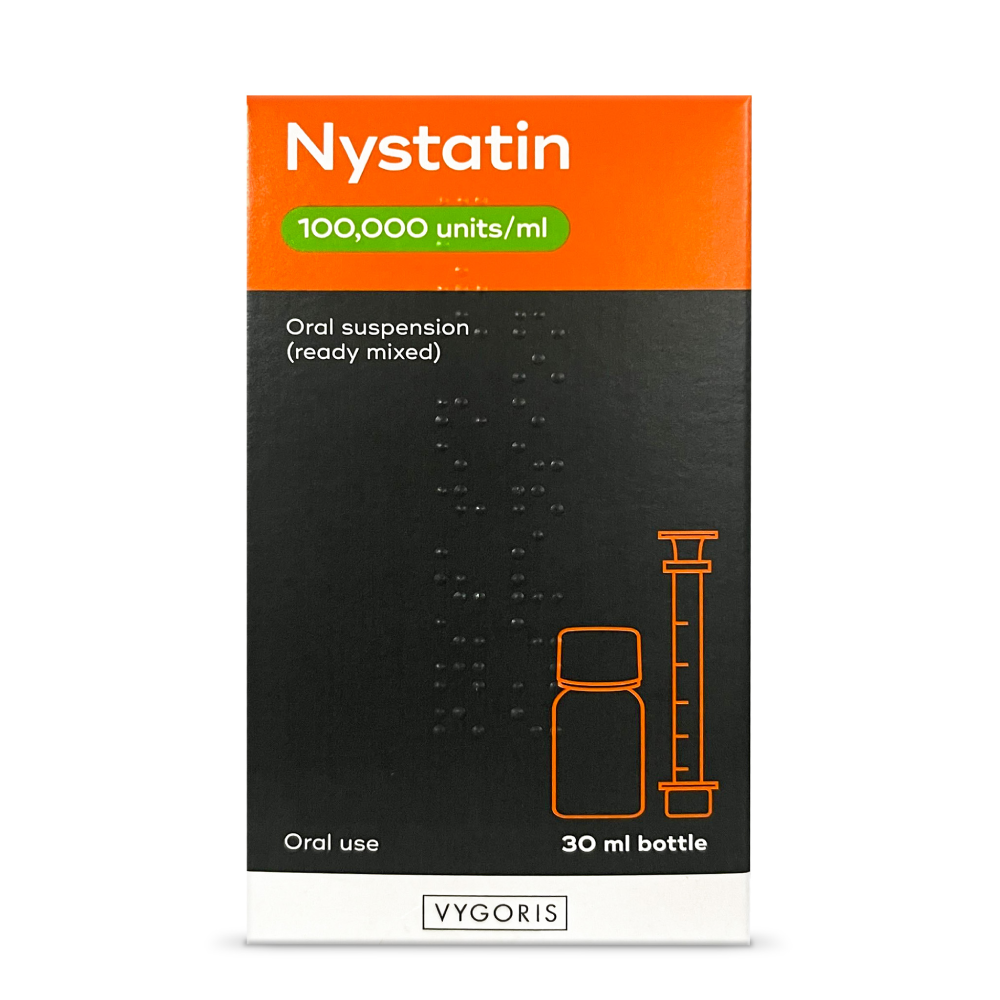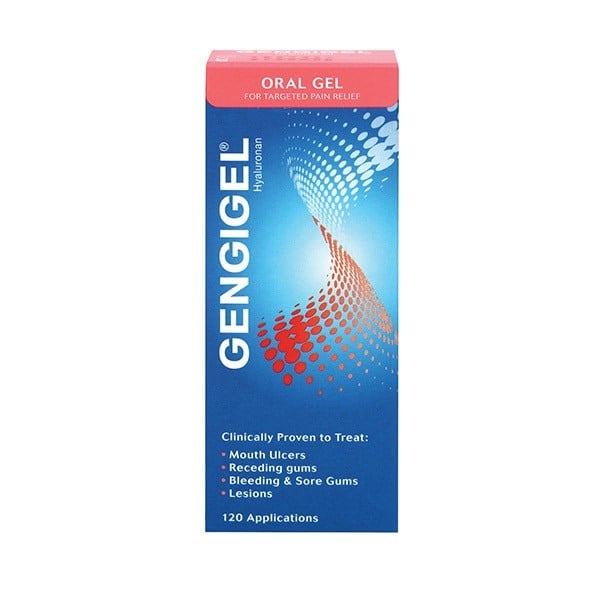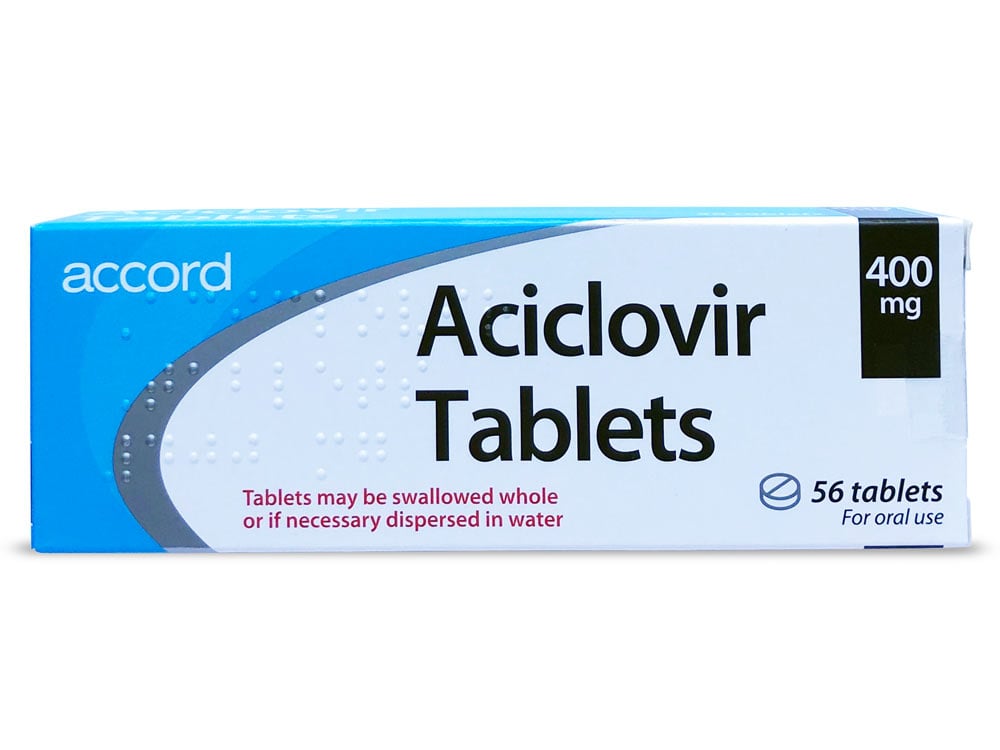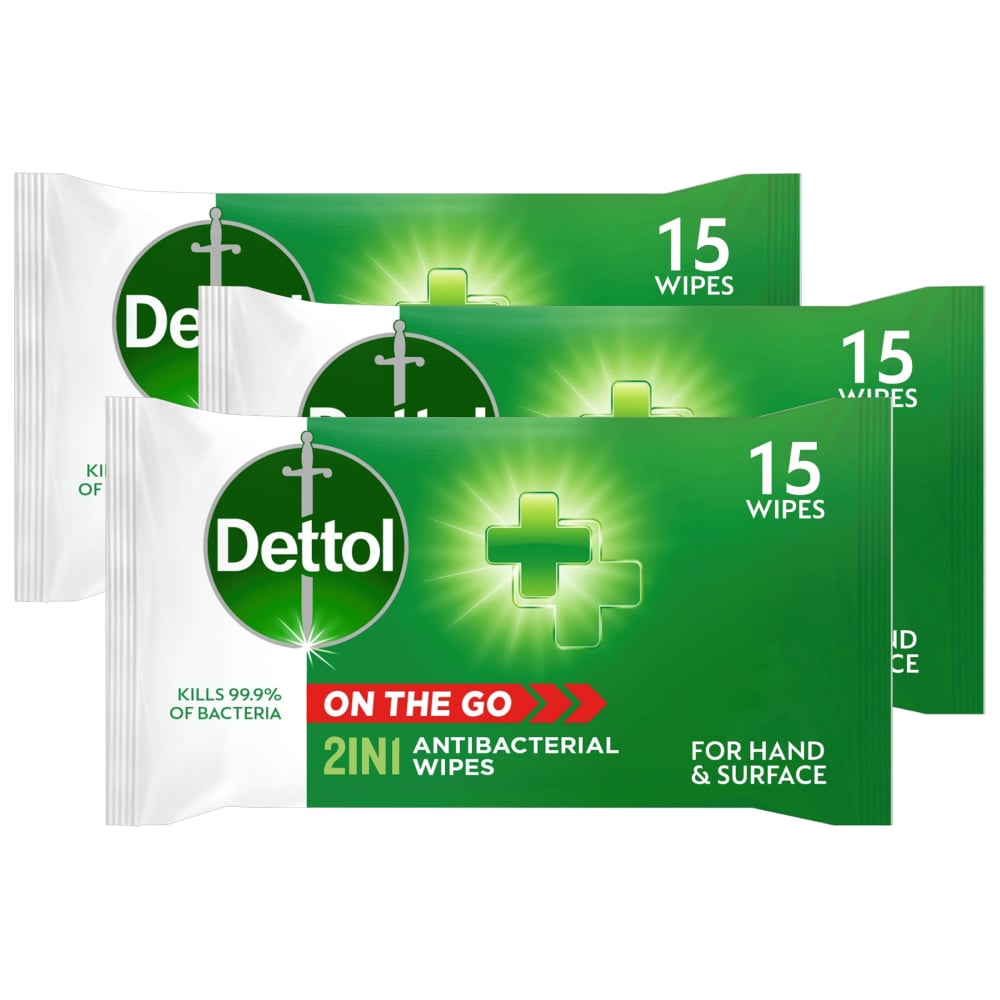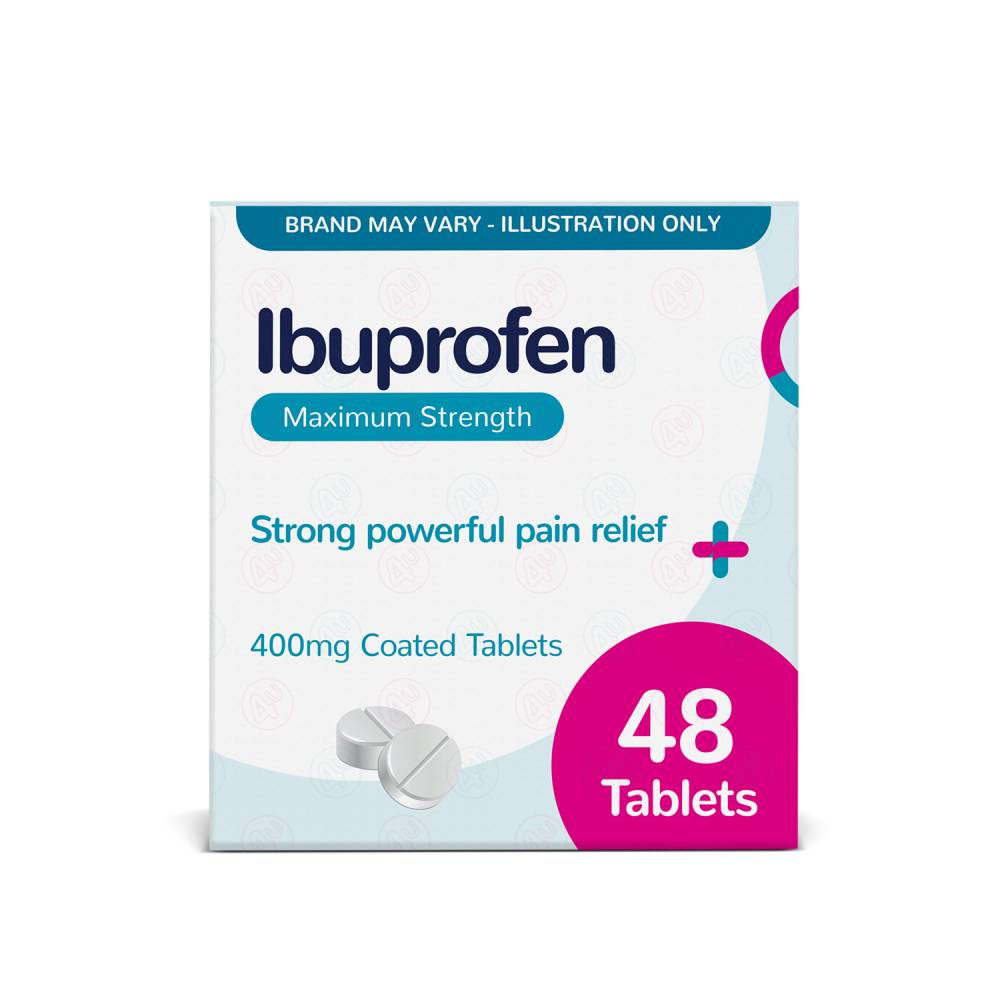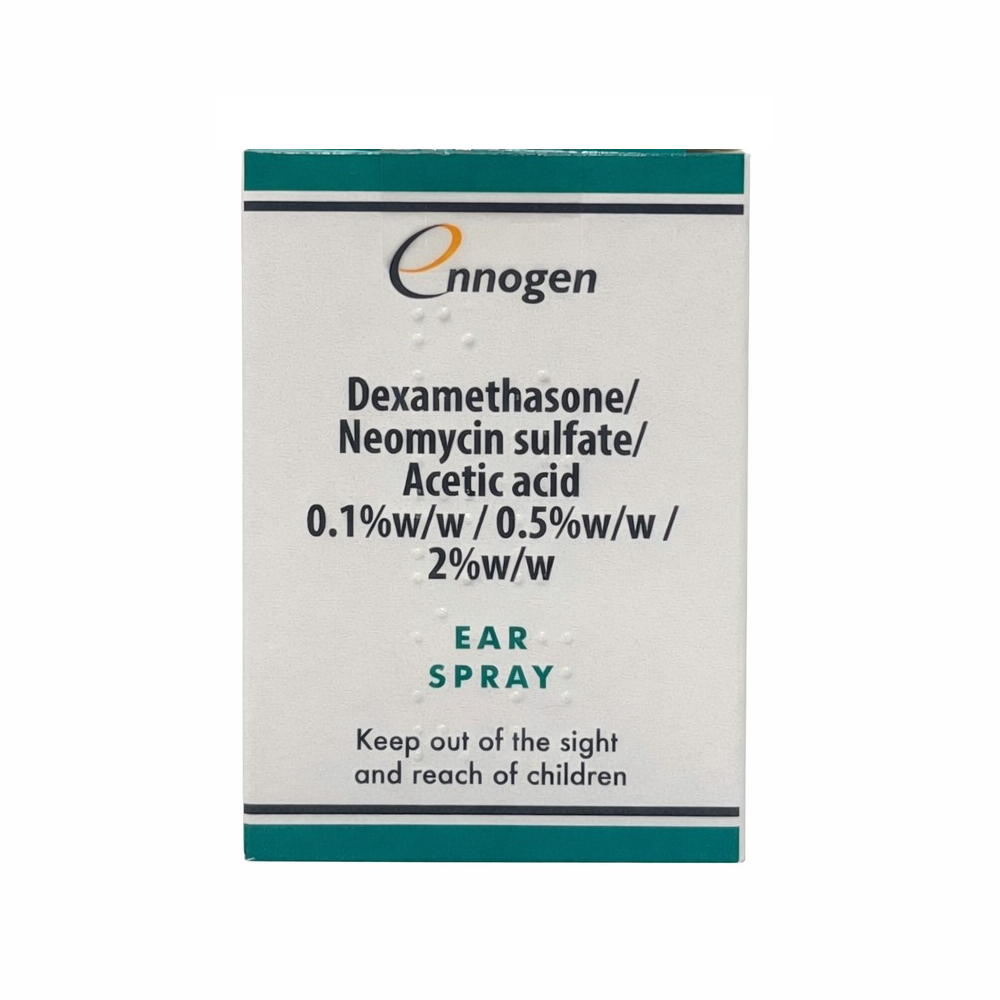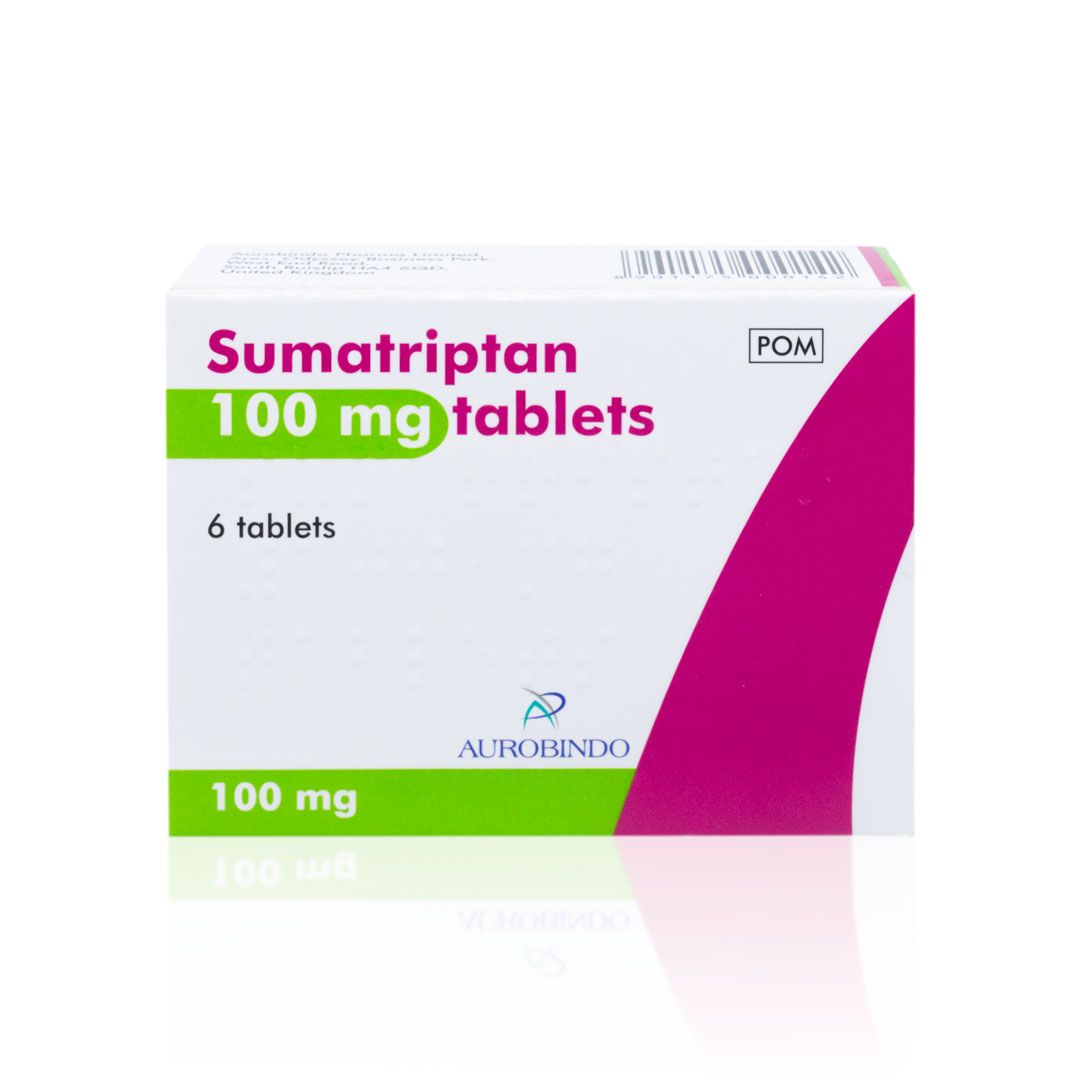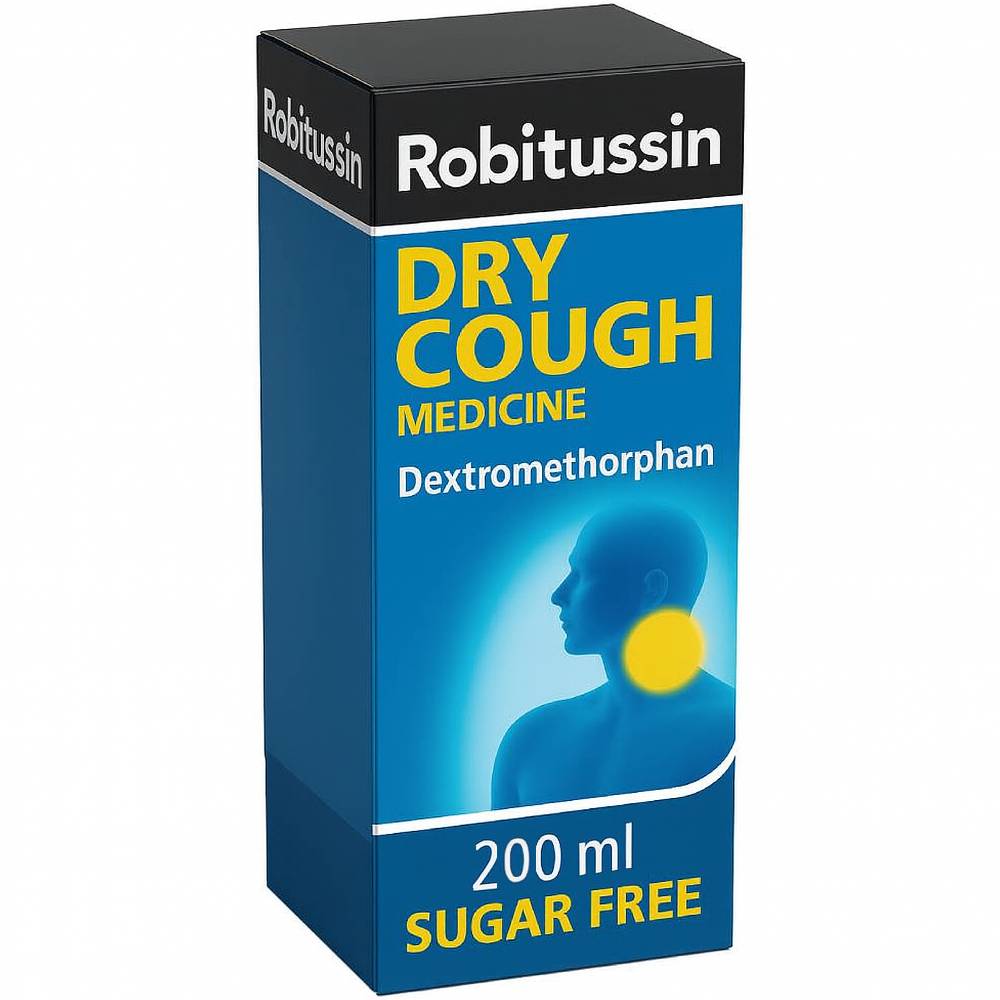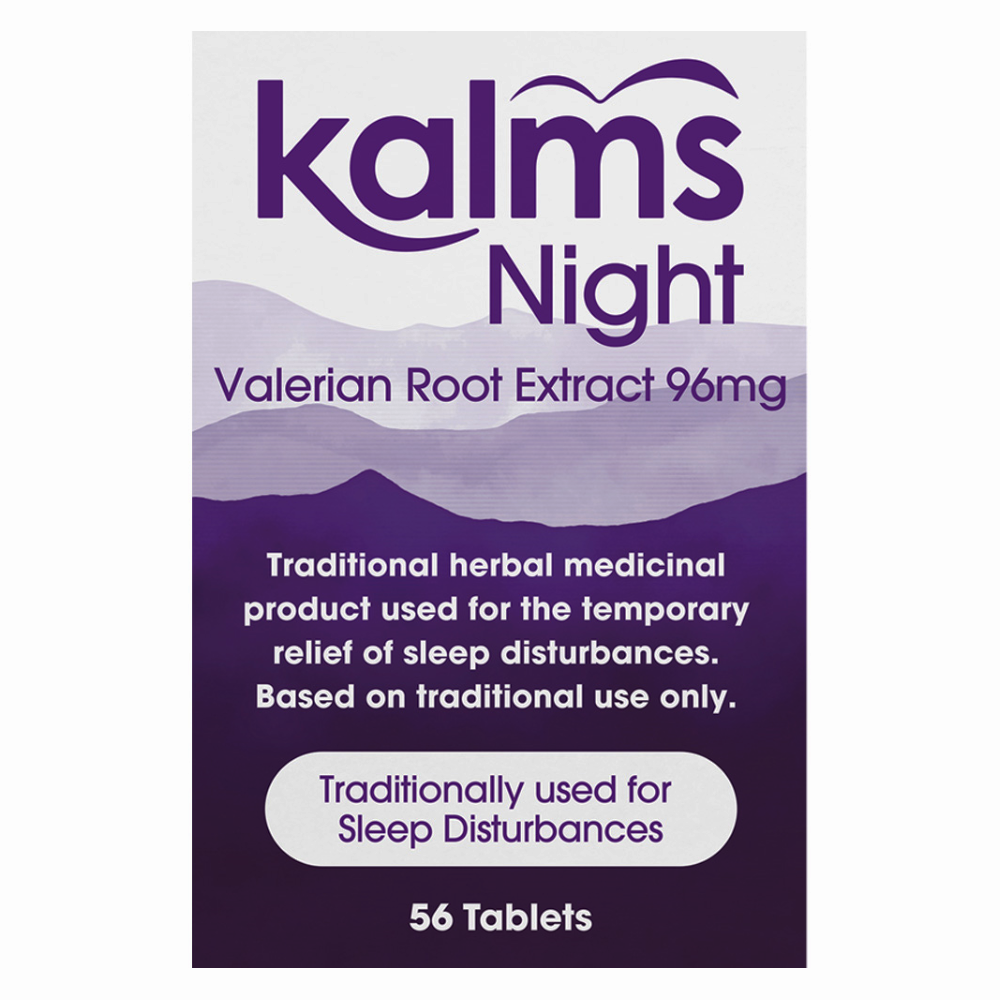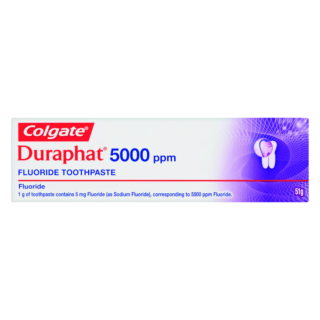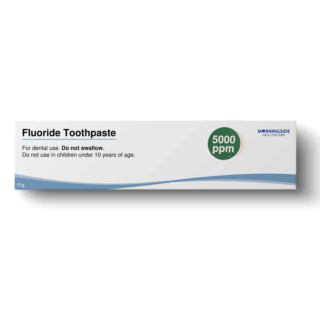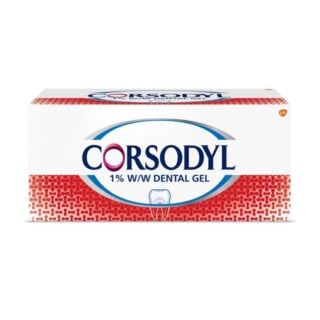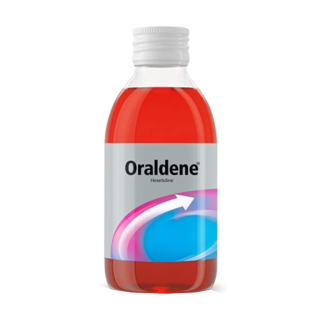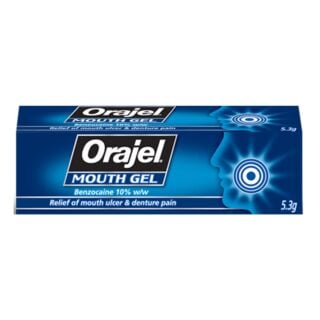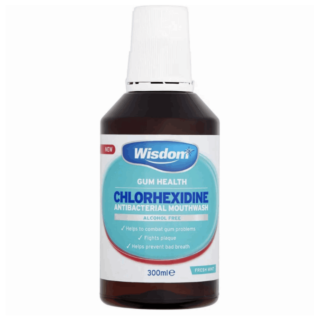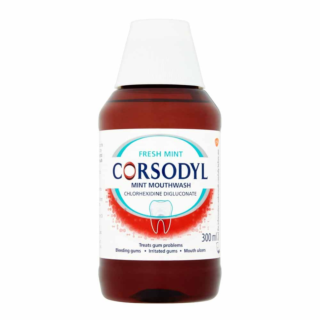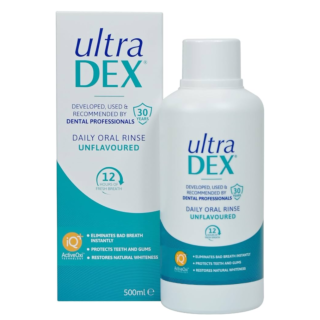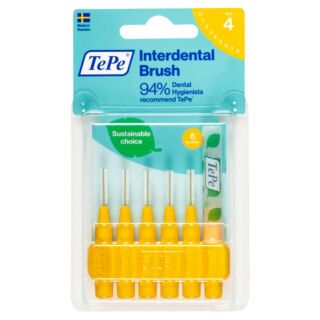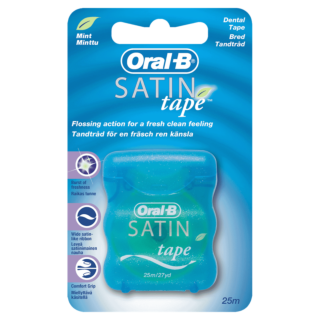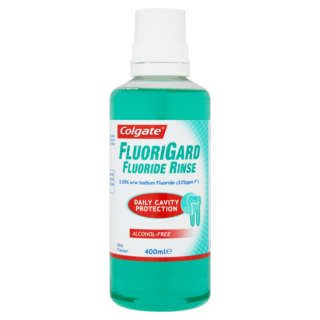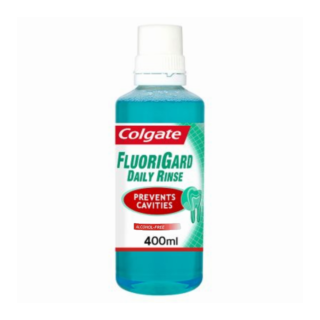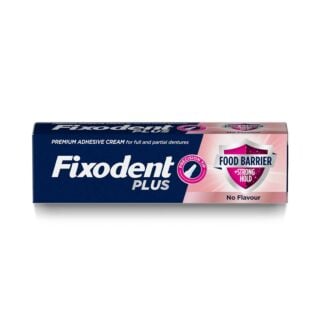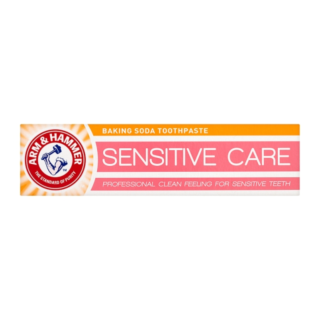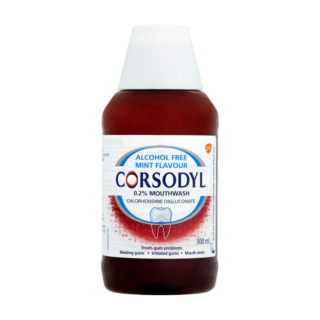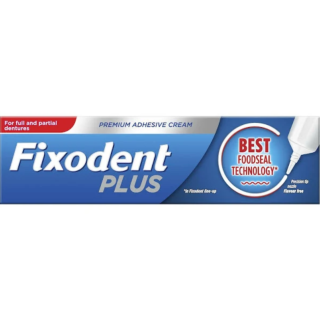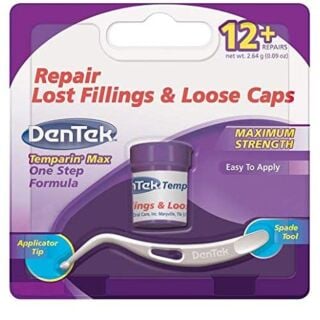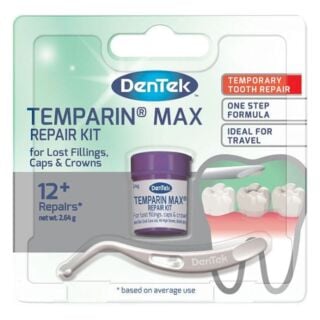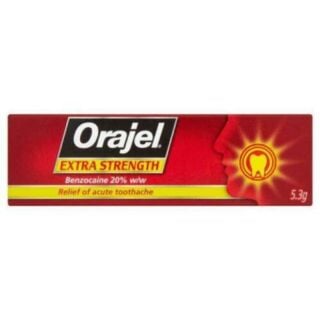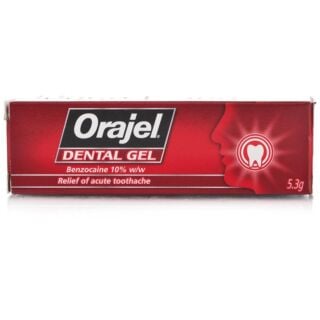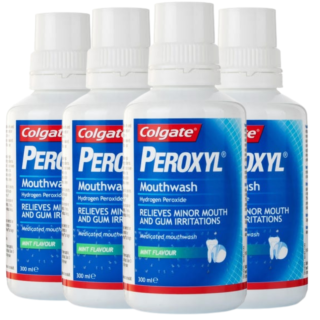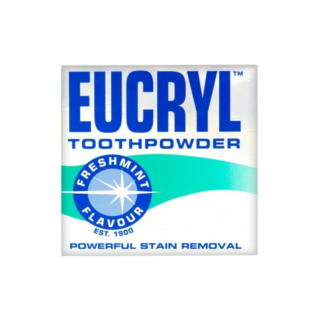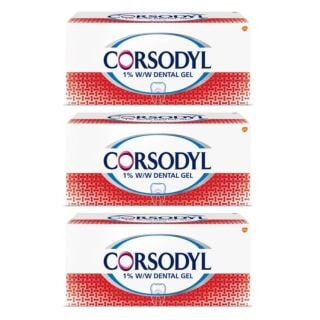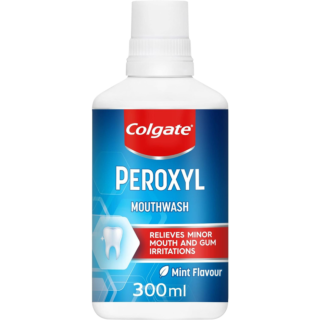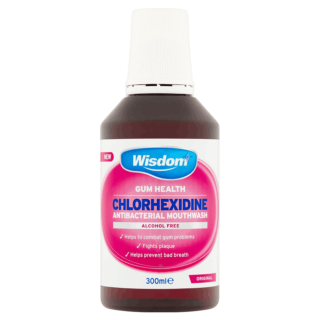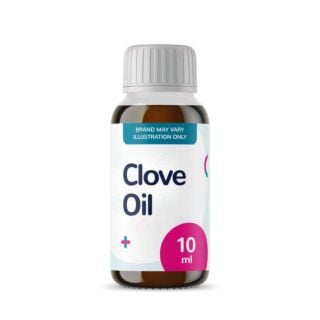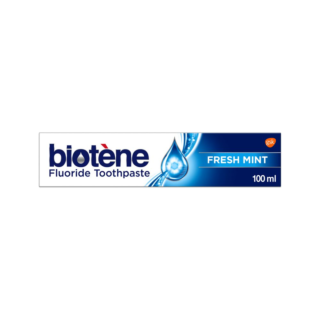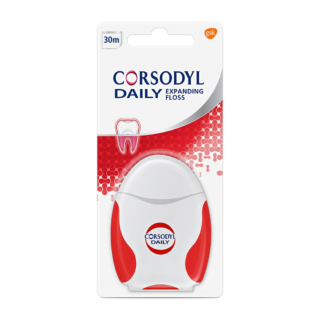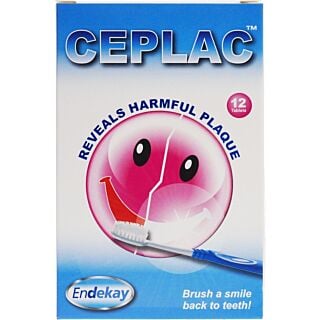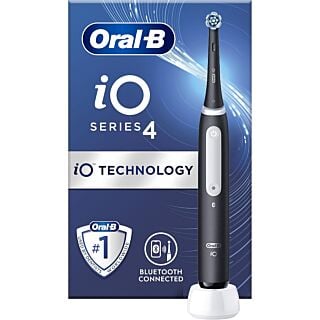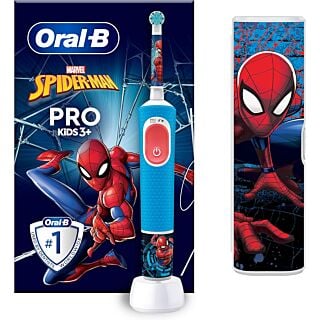Dental Care
Did you know your oral health can provide a window into your overall health?1 That’s right, a healthy smile isn’t just about aesthetics. Though of course, how you feel about your teeth is important to your overall wellbeing. … Read More See less
These days, the quest for a brighter smile is all the rage.2 But having brilliantly white teeth isn’t a substitute for good oral hygiene.3 That’s why, if you undergo professional teeth whitening dental care, your dentist will support you to address any underlying issues before you get started, such as gum disease or cavities.2
So, it’s important to balance the desire for that perfect smile with gentle dental care that can support your body’s overall health. Find out our top tips for great tooth dental care, including how to dental floss your teeth, as well as all the secrets for a brighter looking smile using a teeth brightening gel.
What is oral hygiene?
Oral hygiene amounts to all the small things you need to do to keep your mouth clean and free from gum disease and tooth decay.4,5 For example, regularly brushing and flossing your teeth and visiting your dentist every six months for check-ups and cleanings.4,5
As your mouth is full of germs, good oral hygiene is a vital part of taking care of your overall health.1,4 While most of the germs in your mouth are harmless, they can sometimes lead to the development of disease.1 Especially because your mouth is the entryway to your digestive and respiratory tracts.1
While this may seem like an obvious fact, it’s an important reminder of the influence that your oral health can have on the rest of your body. Your digestive tract carries your food all the way from your mouth to your anus and your respiratory tract controls your breathing.1 This means the germs in your mouth can travel throughout your body and lead to other health concerns, like heart disease and stroke.1,5
Good oral care therefore helps to keep these germs under control.1,5
Signs of a healthy mouth
Thankfully, if you want to know whether you have a healthy mouth, you can just look inside to see if you have:4
- Pink, moist lips, tongue, gums and cheeks
- A mouth moist with saliva
- No broken or loose teeth, fillings, or dentures
- No holes or other signs of decay
- No ulcers
- No red or white patches that you’ve not noticed before
It can also be helpful to ask someone you’re close to whether your breath smells bad or unnatural. If they can confirm it smells pleasant or neutral, you shouldn’t have anything to worry about.
Signs of an unhealthy mouth
Of course, it’s also useful to be able to tell whether there’s anything going on in your mouth that may be a cause for concern. For example, having:4,5
- A dry mouth
- Sores or ulcers
- Problems with your dentures
- Bleeding and swollen gums
- Tooth decay or tooth loss
- Loose teeth
- Receding gums
- Toothache
- A swollen jaw
- Creamy coatings on your tongue/palate
- Red or white patches
- Bad breath
- Tooth abscesses
What conditions are linked to oral health?
Having poor oral health can contribute to conditions such as:1,5–13
- Infective endocarditis –an infection of the inner lining of the valves of the heart, called the endocardium. It can be caused when bacteria enter your bloodstream via your mouth and attaches to certain areas in your heart. This is more likely to occur if your teeth and gums are in bad condition or decayed
- Cardiovascular disease – an umbrella term for conditions that affect your heart or blood vessels. People with poor oral health have higher rates of cardiovascular disease. This may be because the bacteria that cause dental diseases, such as gingivitis and periodontitis, travel to blood vessels throughout your body and cause inflammation. Alternatively, the body’s immune response to such bacteria may cause widespread inflammation. However, no causal link between oral health and cardiovascular disease has been confirmed, so a third factor (e.g. Smoking) may be behind the link
- Pregnancy and birth complications –changing hormone levels during pregnancy can cause your body to respond differently to bacteria on your teeth. This can lead to bleeding, swollen gums, periodontitis and gingivitis. There is also a link between poor oral health during pregnancy and low birth weight
- Pneumonia – inflammation of the lungs caused by an infection. This may be caused by breathing the pathogenic bacteria in your mouth into your lungs
- Stroke – when the blood stops flowing to a part of your brain, causing changes in your ability to speak and move. People with gum disease are more than twice as likely to have a stroke. This is thought to be due to bacteria in your mouth entering your blood circulation
Inversely, certain health conditions can take a toll on your oral health. These include:1,14–25
- Diabetes –when your blood sugar levels are too high. Diabetes can increase your risk of developing gum disease. This is thought to be because diabetes, and certain diabetes medications, can reduce your production of saliva which helps to protect your teeth and gums. Diabetes can also increase the amount of sugar in your saliva, which can contribute to tooth decay and gum disease
- Human immunodeficiency virus (HIV) / acquired immunodeficiency syndrome (AIDS) –HIV damages your immune system and makes it harder to fight off infections, such as those caused by the bacteria in your mouth. AIDS is the term used to describe the infections that occur due to this damage, such as gum disease
- Cancer – cancer patients have a high risk of oral problems. This may be because chemotherapy and radiotherapy upset the balance of healthy to unhealthy bacteria in your mouth, among other reasons
- Alzheimer's disease – a progressive disease characterised by memory problems. As Alzheimer's disease gets worse, it becomes increasingly difficult for the person affected to take care of their oral health
- Osteoporosis – a condition characterised by reduced bone density, which can increase your risk of tooth loss
- Eating disorders – mental health conditions that cause people to eat too much or too little food. Some people with an eating disorder self-induce vomiting, which can cause dental erosion
- Rheumatoid arthritis – a condition that causes pain, swelling and stiffness in your joints. Sjogren's syndrome is common in people with rheumatoid arthritis and damages the salivary glands. This leads to a reduction in saliva, which has proteins that reduce the bacteria in your mouth
How to protect your oral health
To protect your oral health:1,5,26
- Brush your teeth at least twice a day – for two minutes each time, using a brush with soft bristles and fluoride toothpaste. Make sure you brush all the surfaces of your teeth, including the back and sides. And brush at a 45-degree angle toward your gums, to sweep away plaque and bacteria at the gum line
- Floss once per day – brushing alone cannot reach the spaces between your teeth. Dental floss can help you clean these areas. Wrap a long piece of floss around your middle fingers and guide it between two teeth. Clean between each tooth using around 10 up and down strokes. If you have dexterity issues, you can use dental floss with a pick to clean between your teeth or an interdental toothbrush
- Brush your tongue – when you brush your teeth you should also brush your tongue, as it holds a lot of bacteria. You can also use a tongue scraper for this
- Reduce your intake of sugar – as sugar contributes to tooth decay. However, the sugars found naturally in whole fruit are less likely to lead to tooth decay
- Stop smoking – smoking can stain your teeth and is a leading cause of gum disease and oral cancer
- Visit your dentist regularly – you should visit your dentist once every six months for a check-up. They may suggest having dental cleaning, which can help you maintain your oral health
Cosmetic dental care
Teeth whitening is not necessary for promoting good oral health, but it can help you to feel more confident about your smile. Teeth whitening is a form of dentistry and should only be carried out by a qualified dentist.27 Some beauty salons offer teeth whitening, but this is illegal if there is no dental professional present.27 You can also buy DIY home whitening kits, but these tend to be less effective than professional whitening products and carry some risks.2,27
A dentist may recommend whitening your teeth with a mouthguard and a whitening gel for teeth.27 You can wear your mouthguard with the teeth bleaching gel for up to 8 hours at a time, depending on the strength of the dental whitening gel you’re using.27 Your dentist may alternatively recommend laser whitening, which combines a dental bleaching gel with a laser to activate it.27 This form of whitening only takes an hour.27
Overall, teeth whitening is considered extremely safe.3 The main side effect of teeth whitening is increased sensitivity.3 This tends to go away on its own.3 However, you can reduce sensitivity by using sensitive toothpaste and spacing out your whitening treatments to give your teeth time to recover in between.3,28
Whichever method you choose, you should always follow the guidance of your dentist to avoid any damage to your teeth.
Sources
- https://www.mayoclinic.org/healthy-lifestyle/adult-health/in-depth/dental/art-20047475
- https://health.clevelandclinic.org/how-to-whiten-teeth
- https://health.clevelandclinic.org/is-teeth-whitening-safe
- https://www.tewv.nhs.uk/about-your-care/health-wellbeing/oral-health/
- https://my.clevelandclinic.org/health/treatments/16914-oral-hygiene
- https://www.guysandstthomas.nhs.uk/health-information/infective-endocarditis
- https://www.health.harvard.edu/diseases-and-conditions/gum-disease-and-the-connection-to-heart-disease
- https://www.nhs.uk/conditions/cardiovascular-disease/#:~:text=Cardiovascular%20disease%20(CVD)%20is%20a,increased%20risk%20of%20blood%20clots.
- https://pmc.ncbi.nlm.nih.gov/articles/PMC6883753/
- https://www.cdc.gov/healthcare-associated-infections/hcp/prevention-healthcare/oral-health-pneumonia-toolkit.html
- https://www.nhs.uk/conditions/pneumonia/
- https://www.dovepress.com/periodontitis-as-a-risk-factor-for-stroke-a-systematic-review-and-meta-peer-reviewed-fulltext-article-VHRM
- https://www.nhs.uk/conditions/stroke/
- https://www.diabetes.org.uk/about-diabetes/looking-after-diabetes/complications/gum-disease
- https://www.nhs.uk/conditions/diabetes/
- https://www.nidcr.nih.gov/health-info/hiv-aids
- https://www.nhs.uk/conditions/hiv-and-aids/
- https://www.cancer.gov/about-cancer/treatment/side-effects/mouth-throat/oral-complications-pdq
- https://www.alzheimers.org.uk/get-support/daily-living/dental-mouth-care
- https://www.nhs.uk/conditions/alzheimers-disease/
- https://pmc.ncbi.nlm.nih.gov/articles/PMC10749737/
- https://jeatdisord.biomedcentral.com/articles/10.1186/s40337-023-00778-z
- https://www.nhs.uk/mental-health/feelings-symptoms-behaviours/behaviours/eating-disorders/overview/
- https://www.hopkinsarthritis.org/arthritis-news/5-dental-tips-for-the-ra-patient/
- https://www.nhs.uk/conditions/rheumatoid-arthritis/
- https://www.nhsinform.scot/healthy-living/dental-health/taking-care-of-your-oral-health/
- https://www.nhs.uk/tests-and-treatments/teeth-whitening/
- https://www.mayoclinic.org/healthy-lifestyle/adult-health/expert-answers/sensitive-teeth/faq-20057854

Free delivery when you spend over £39

100% discreet delivery for every item ordered

Fully regulated UK pharmacy
What is tooth decay?
Tooth decay, which is also known as dental caries or cavities, is what happens when the hard surface (enamel) of your teeth is worn away, forming holes.
Cavities are usually caused by plaque, which is the sticky white film that develops on your teeth during the day.
Plaque is full of bacteria which create acids that damage your tooth enamel, and if it’s not cleaned away regularly it can wear away at your teeth, creating dental caries.
This is why a thorough daily dental care routine is so important, as brushing and flossing help to remove plaque from the surface of your teeth, giving it less chance to attack the tooth and cause lasting damage.
Will I need 2800 or 5000 ppm fluoride toothpaste?
Duraphat toothpaste is available in 2800ppm and 5000ppm strengths, with the 5000ppm product containing more sodium fluoride than the 2800ppm version.
During your consultation, your doctor will decide which strength of toothpaste will be right for you, depending on the current state of your teeth and how great your risk of tooth decay is.
Another thing to consider is the age of the patient, Duraphat 2800ppm toothpaste can be used by children aged 10 and over, whereas the 5000ppm strength can only be used in people over 16.
Are you supposed to use interdental brushes if you have braces?
Interdental brushes are ideal for those who have braces and want to clean between their teeth properly.
The way braces sit on the teeth means that you can’t use floss to clean the gaps between your teeth, but interdental brushes don’t have that problem.
Because you insert them between the teeth from the front, you can use them to clean around your braces easily, so you can feel confident that your teeth have had a proper clean.
Which products are best to clean a toddler’s teeth?
It’s best to find products for your toddler that they like and are fun for them to use as an incentive for them to brush their teeth twice a day.
Find a toothbrush in their favourite colour or one that features a character they like - but make sure the toothbrush is suitable for their age and is made with soft bristles so it’s gentle on their gums.
For toothpaste, select a toddler-friendly variety; these tend to be in tasty flavours that they won’t feel inclined to spit out.
Do I need to use dental floss if I use interdental brushes?
No, you should choose just one which works best for you - if you use both, it might be too harsh on your gums, which could cause them to become irritated and bleed.
If you have limited mobility, large gaps between your teeth or braces, interdental brushes might be better for you than flossing - but they can cause bleeding and aren’t as longstanding as dental floss.
Which is better, using dental floss or interdental brushes?
Studies suggest that using an interdental brush along with regular toothbrushing is more effective than using dental floss.
Interdental brushes are small devices that can replace dental floss by removing the plaque harbouring between your teeth, but they might not be right for everyone.
If you have limited mobility, large gaps between your teeth or braces, interdental brushes might be better for you than flossing - but they can cause bleeding and aren’t as long standing as dental floss.

